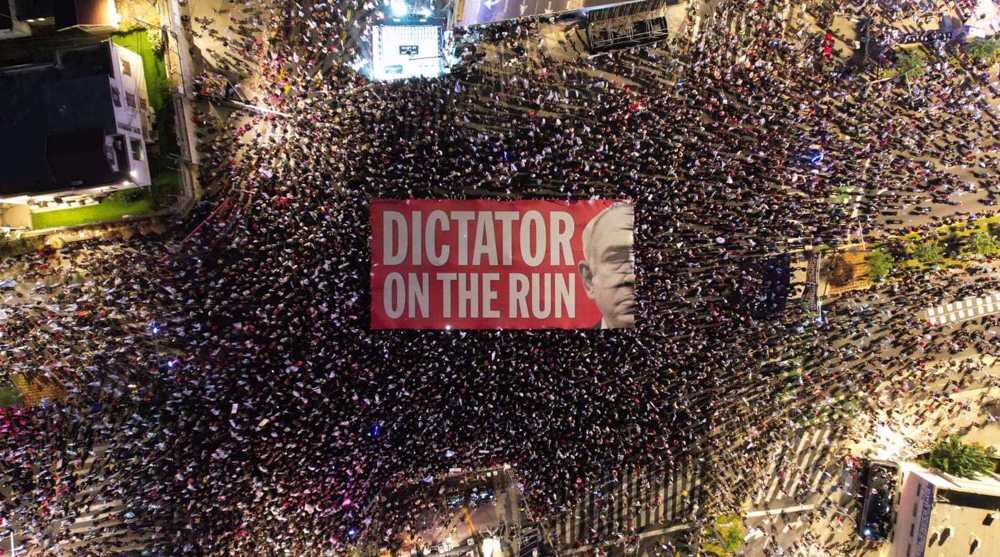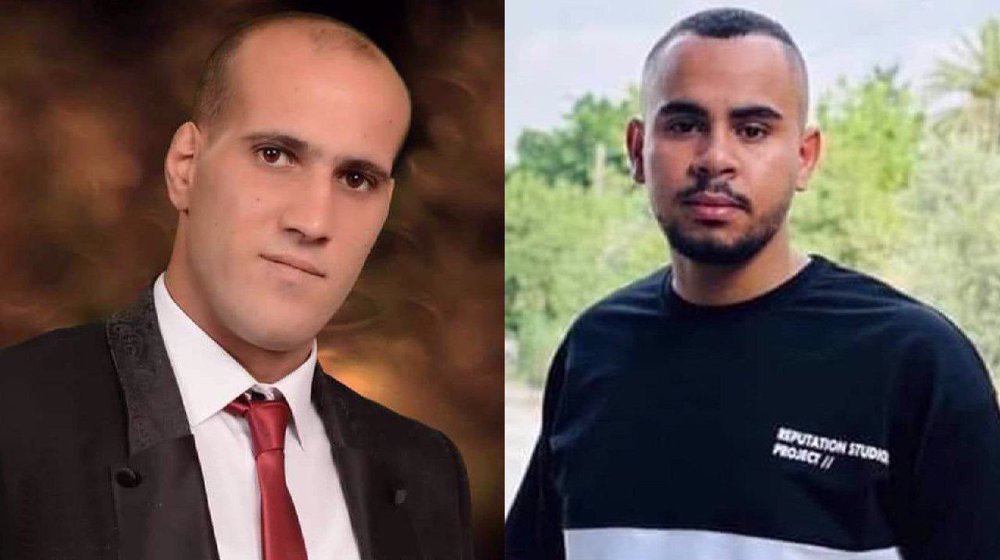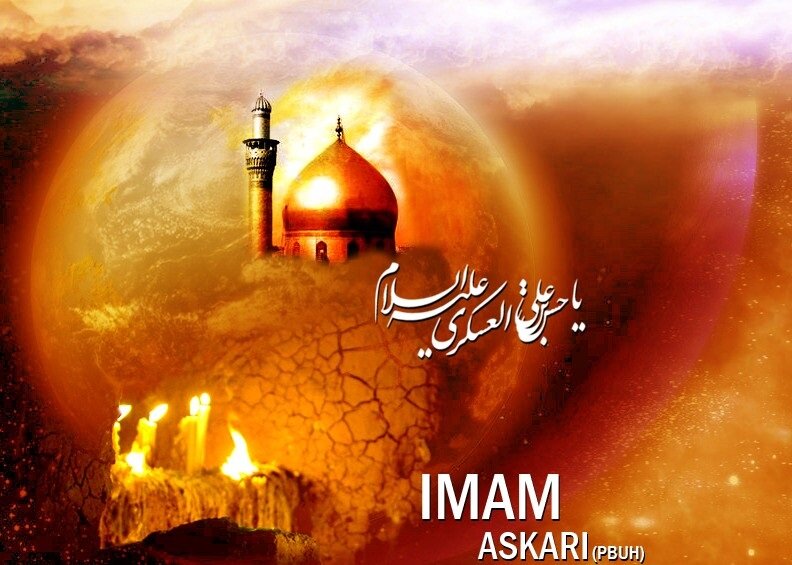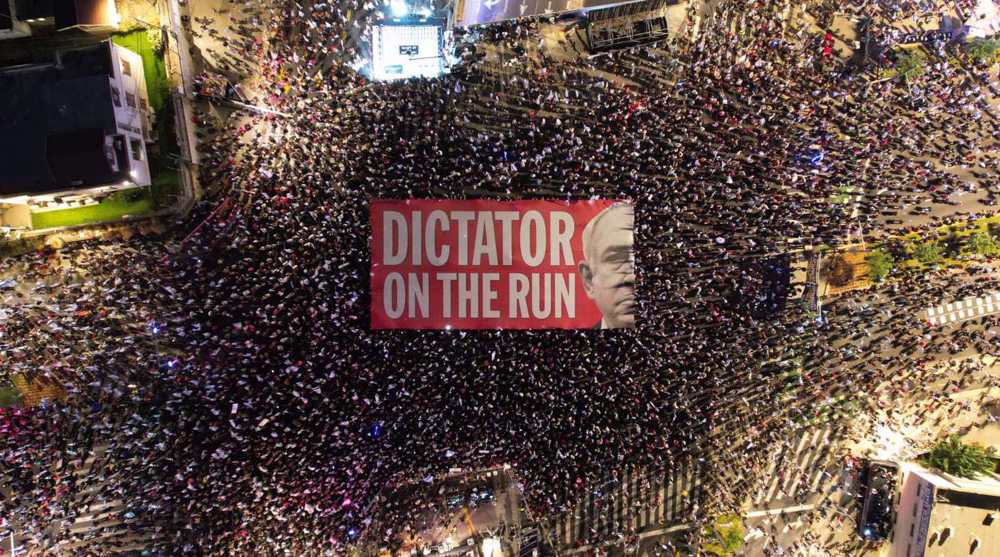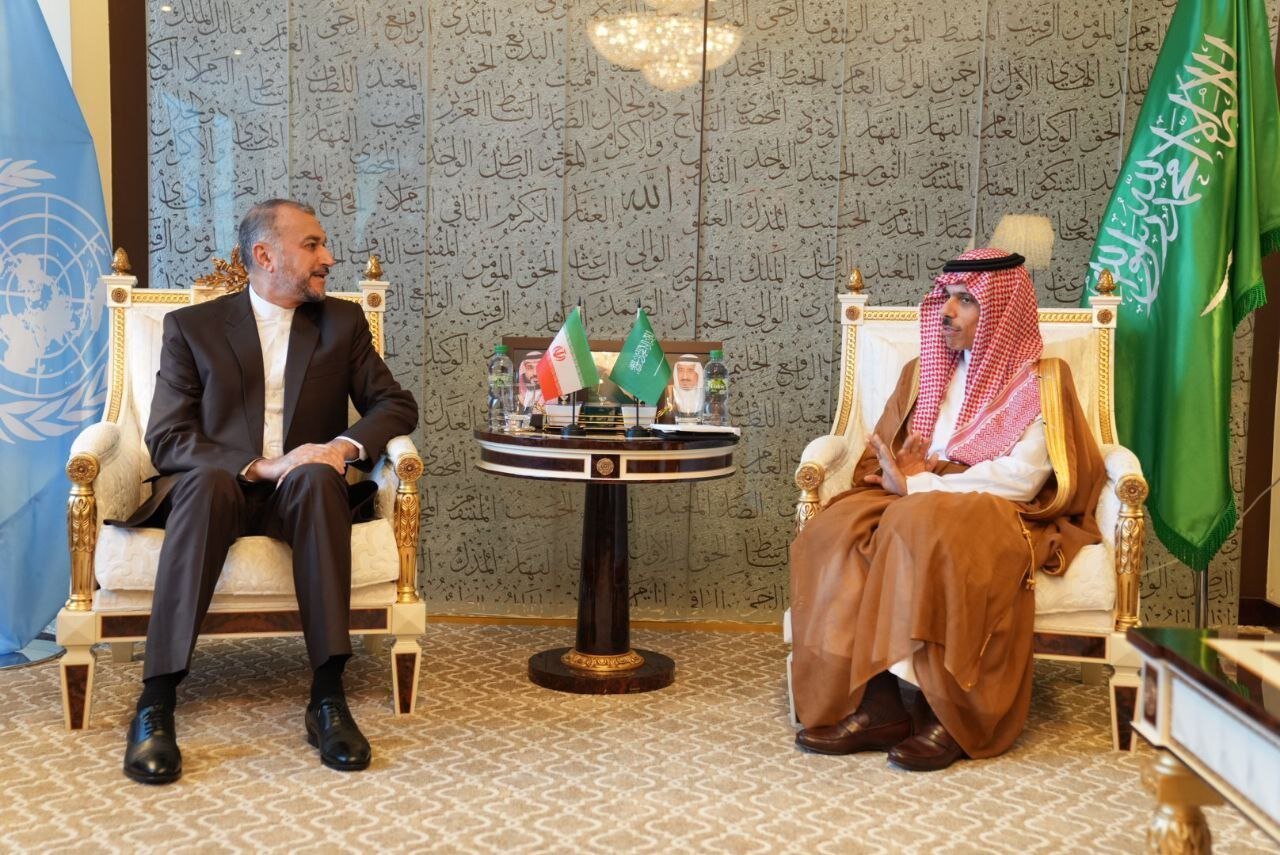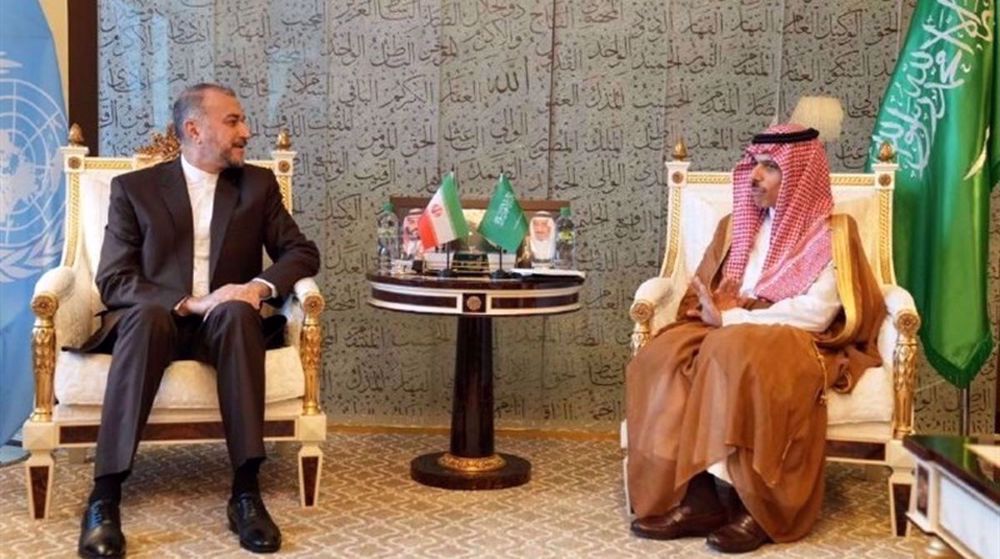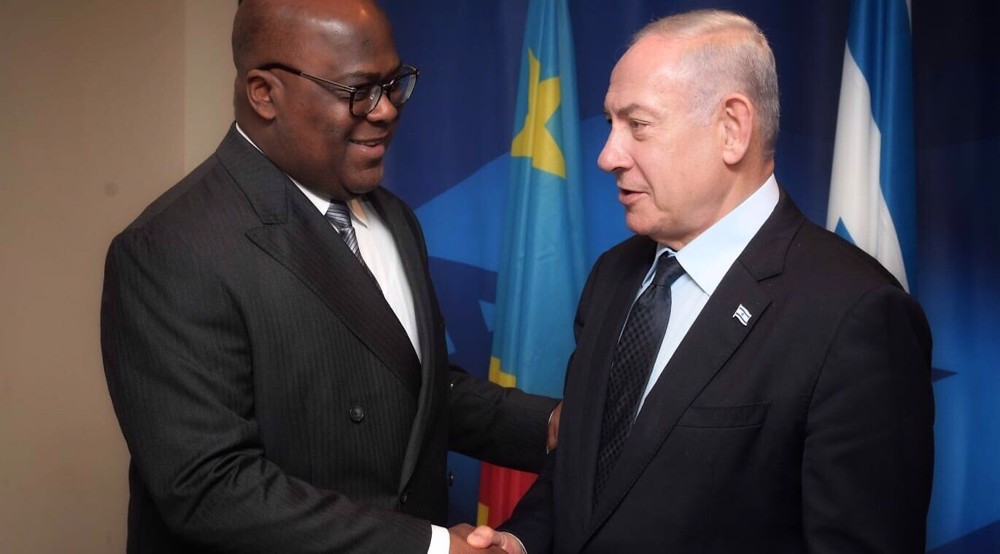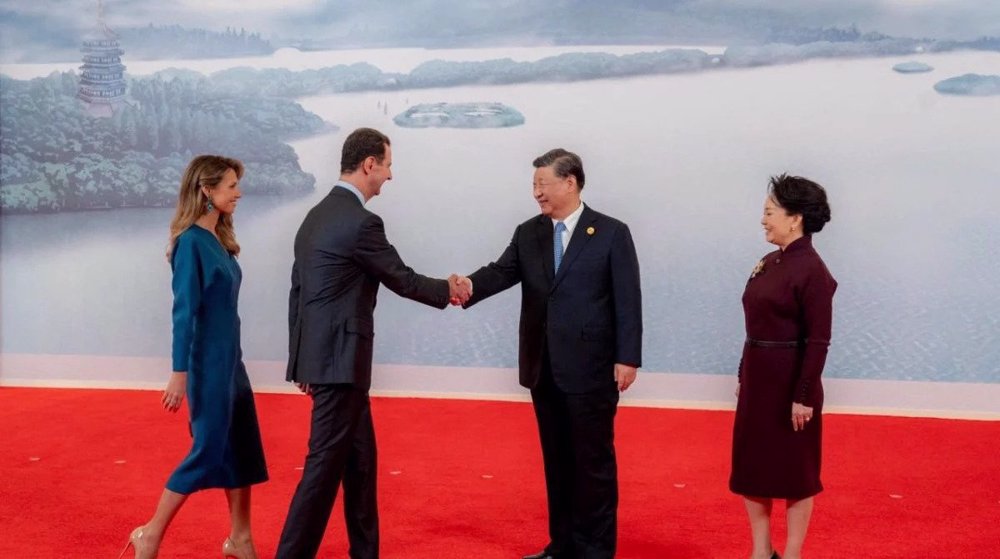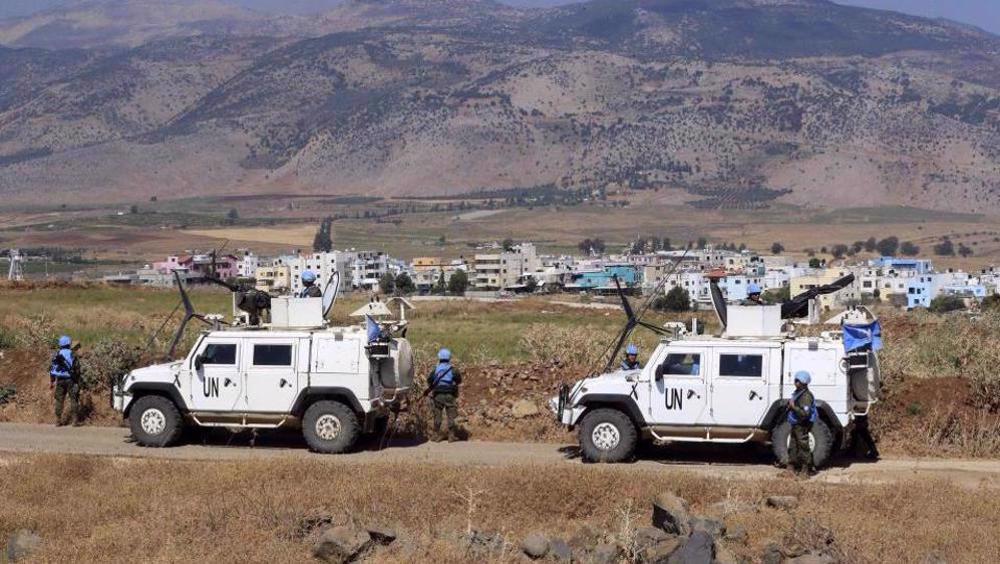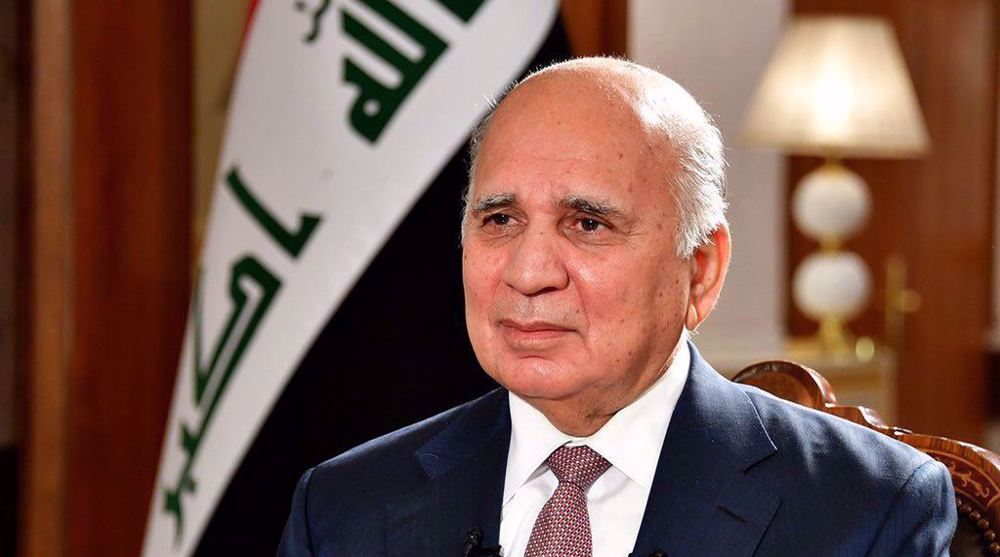Imam Hasan al-Askari (AS) was born in Madina, on the 8th day of the month of Rabi’ Thani, in the year 232 A.H.
Imam’s name is al-Hasan, being a resident of ‘Asgar a suburb of Samarra’, he is titled al-Askari. His father was Imam ‘Ali An-Naqi (AS) and his mother was Salil Khatun, an ideal woman in piety, worship, chastity, and generosity.
Imam Hasan al-Askari lived under the care of his respected father up to the age of 11. When his father had to leave for Samarra’ he was to accompany him and thus share the hardships of the journey with the family.
At Samarra’, he passed his time with his father either in imprisonment or in partial freedom. He had, however, the chance to benefit from his father’s teaching and instruction.
Imam’s father was martyred when Imam was twenty-two. Four months before his death, the father declared his son to be his successor and executor of his will, asking his followers to bear witness to the fact. Thus the responsibilities of Imamate were vested upon him which he fulfilled even in the face of great difficulties and the hostile environment.
Imam Hasan al-Askari (AS) had a brief span of life, only twenty-eight years, but even in this short period, which was furled by a chain of troubles and tribulations, several high-ranking scholars benefited from his ocean of knowledge.
Imam Hasan al-Askari (AS) was peerless in knowledge, forbearance, forgiveness, generosity, sacrifice, and piety.
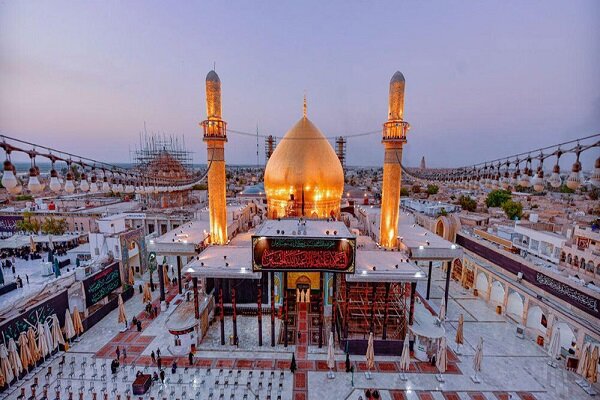
Imam al-Askari (AS), like his noble fathers, was a prominent scholar and a leader (Imam) whom none of his own periods could ignore. He was chief of religious scholars and an ideal of worshippers.
However, Imam (AS) and his companions always suffered persecution and oppression by the then government and were jailed in prisons.
Imam’s main task was to safeguard the message of Islam, to call people towards it, and to convey its principles and values.
Imam (AS) spared no efforts in defending the Islamic faith and thought and its sciences.
Imam al-Askari (AS), like his forefathers, practiced his cultural and scholarly role within the course of the school of Ahlul-Bait (AS) – which concentrated its activity on the Quran and prophetic traditions, safeguarding the originality of the message and discovering its contents.
Imam Hasan al-Askari (PBUH) was poisoned by the caliph, Mu’tamad, and, thus, suffered severely and was martyred on the 8th of the month of Rabi’ Awwal in the year 260 (A.H.). At the time of his death, he was twenty-eight years old. He was buried in the house in which his father was buried in Samarra. He left behind his son – the Living Holy Awaited Savior Imam Muhammad al-Mahdi (PBUH) the one who is awaited to bring about the heavenly rule of truth in the whole world.
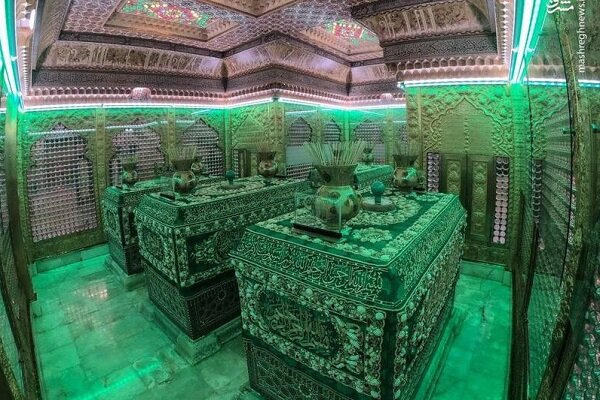
Millions of Muslims in Iran mark the martyrdom anniversary of Imam Hassan al-Askari (AS), the 11th Shia Imam.
The martyrdom anniversary of Imam Hassan al-Askari (AS) is observed on the 8th day of the lunar Islamic month of Rabi’ al-Awwal, which falls on Sunday this year.
The Iranian city of Qom is home to a mosque called Imam Hassan al-Askari (AS) Mosque.
Imam Hassan al-Askari (AS) Mosque was founded more than 1180 years ago.
It was established near the holy shrine of Hazrat Fatemeh Masumeh (AS) in Qom upon the order of Imam Hassan al-Askari (AS) himself.
Over the past years, the mosque has been expanded and renovated many times.
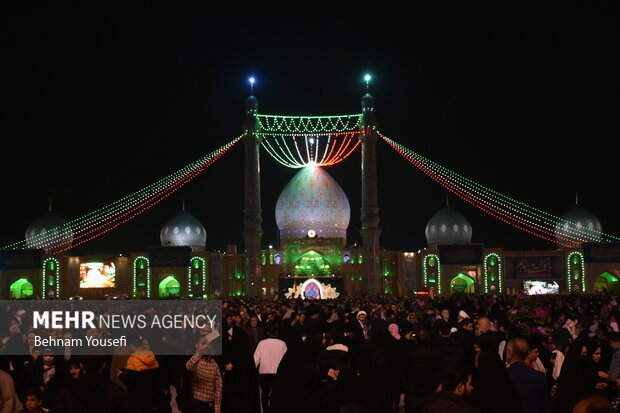
9th of Rabi ul Awwal in the Islamic calendar marks the auspicious day of the coronation of the last infallible descendant of Prophet Muhammad (PBUH), Imam Mahdi Montadhar, Hojjah (AS).
Shia Muslims are celebrating the anniversary of the beginning of Imamat (leadership) of Imam Mahdi, the 12th infallible Imam of Shia Islam who is known as the savior of humanity and Messiah.
His father Imam al-Askari (AS) was martyred on the 8th Rabi ul Awwal and soon after his martyrdom; formally the Imamat of Imam Mahdi began.
Shia Muslims celebrate the 9th of Rabi ul Awwal as Eid for the beginning of the Imamat of the incumbent infallible Imam from Ahl al Bayt (AS).
The belief in Mahdi was widespread during the time of the Prophet. The Prophet (peace be upon him and his progeny) on more than one occasion announced the coming of Imam Mahdi in the future. From time to time he would inform the people about the government of Mahdi and the signs of his emergence, giving his name and patronymic (kunya).
Some of these narrations have been related so frequently, and without interruption in all ages, that nobody can doubt their authenticity. For instance, we read the following hadith reported from ‘Abd Allah b. Mas’ud, who heard the Prophet say:
“The world will not come to an end until a man from my family (Ahl al Bayt), who will be called Mahdi, emerges to rule upon my community.”
Another tradition reported by Abu al-Hujaf quotes the Prophet as saying three times:
“Listen to the good news about the Mahdi! He will rise at a time when people will be faced with severe conflict and the earth will be hit by a violent quake. He will fill the earth with justice and equity as it is filled with injustice and tyranny. He will fill the hearts of his followers with devotion and will spread justice everywhere.”
Shia believe that Imam Mahdi is the promised savior and will appear to the people alongside Prophet Jesus (AS) to restore justice and equity on earth to establish the divine kingdom of God full of peace, justice, knowledge, and tact.
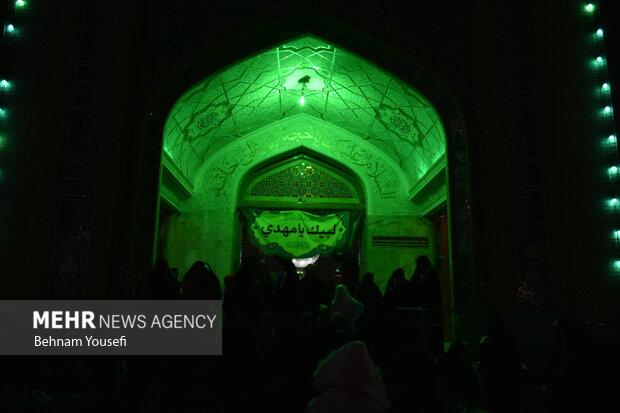
Shia believes that the time of reappearance of Imam Mahdi would be a time of science and knowledge and many secrets of the world will be discovered.
Imam Ja’far al-Sadiq, the sixth Shia Imam, about the level of science at the time of Imam Mahdi’s reappearance, said: “Knowledge is divided into 27 parts. Whatever is revealed to the prophets and the people have learned is only two parts out of 27 parts. When our Qa’im rises, he will reveal the remaining 25 parts and teach them to the people. These 25 parts plus what the prophets have revealed equal the 27 parts of knowledge. [Bihar al-Anwar]
Shiites in all their prayers ask god that the occultation of the twelfth Imam, Imam Mahdi, will end as soon as possible and set the world free from oppression.
Reported by Amin Mohammadzadegan Khoyi
